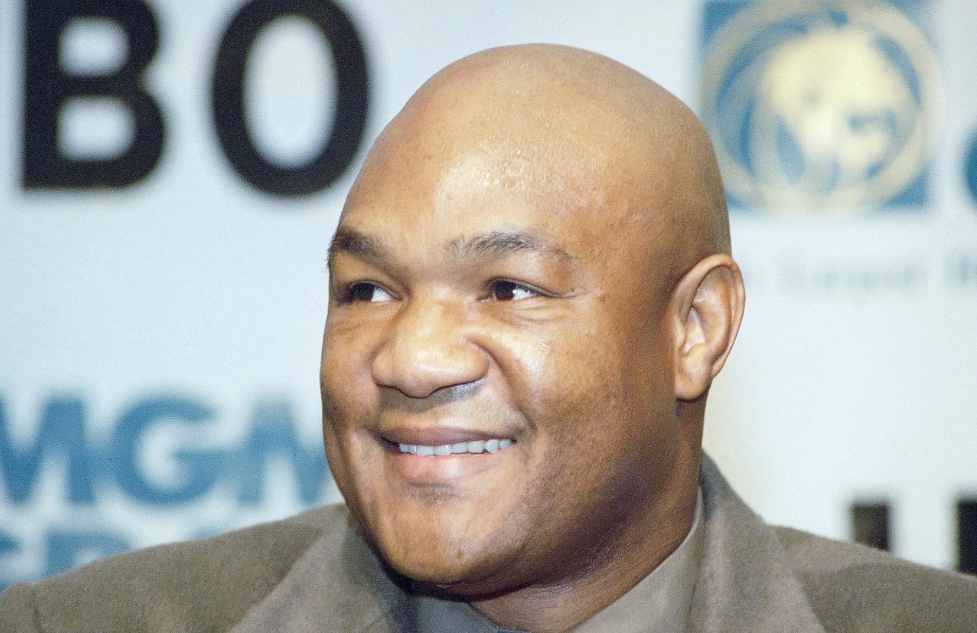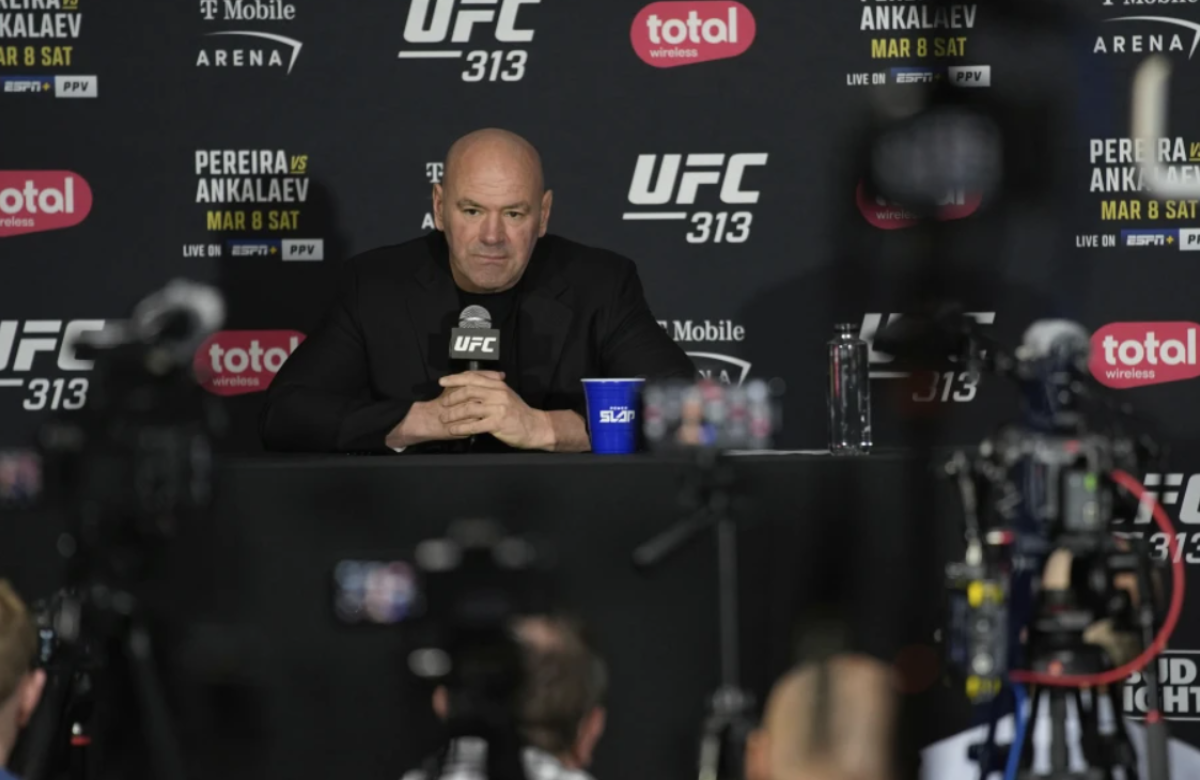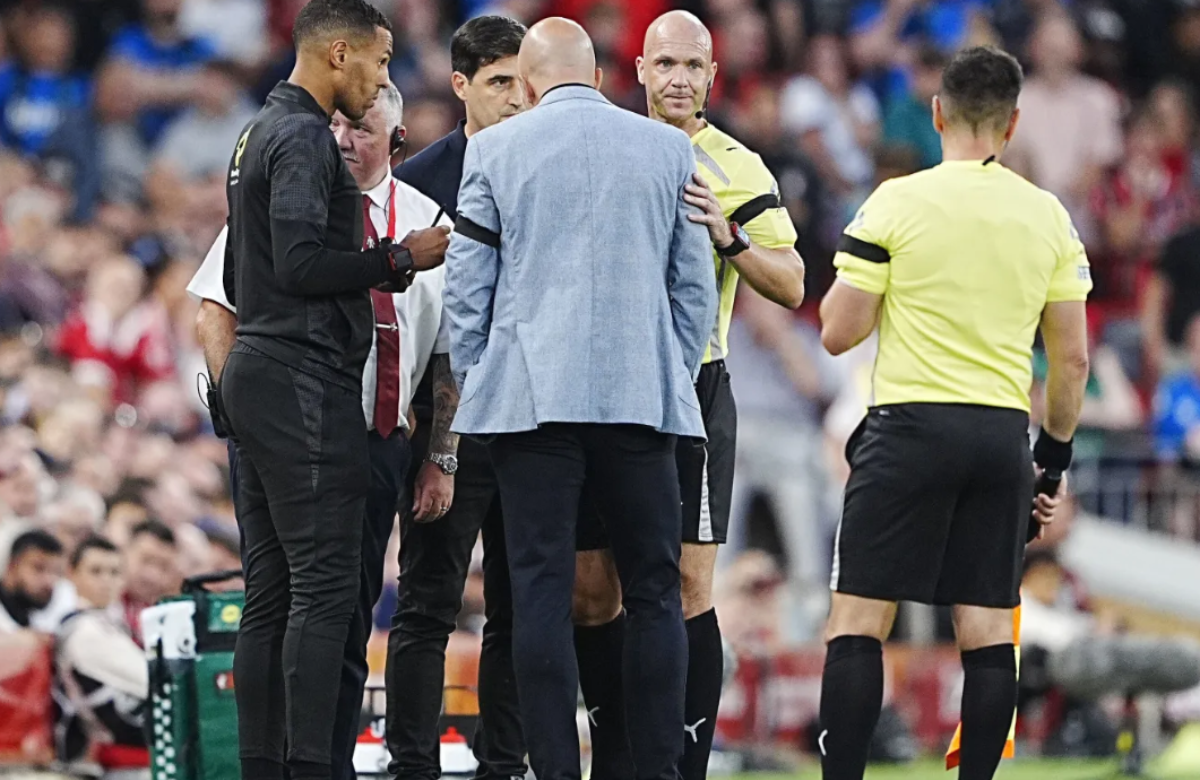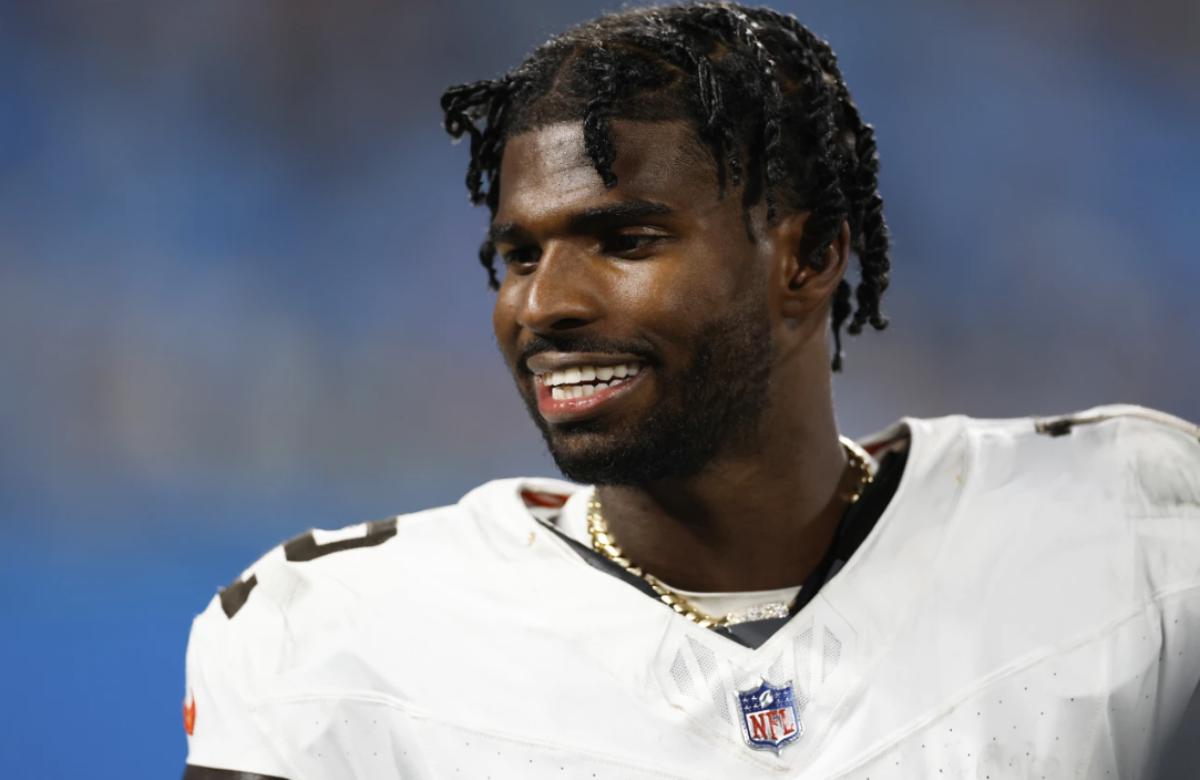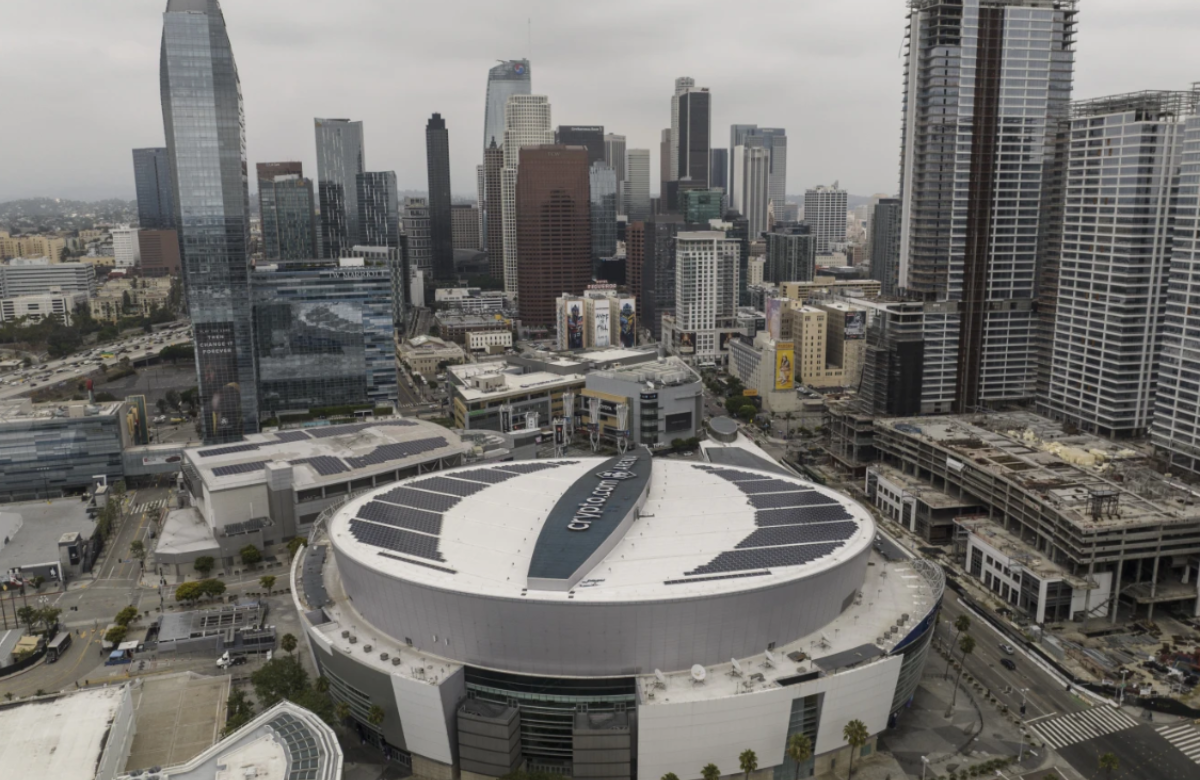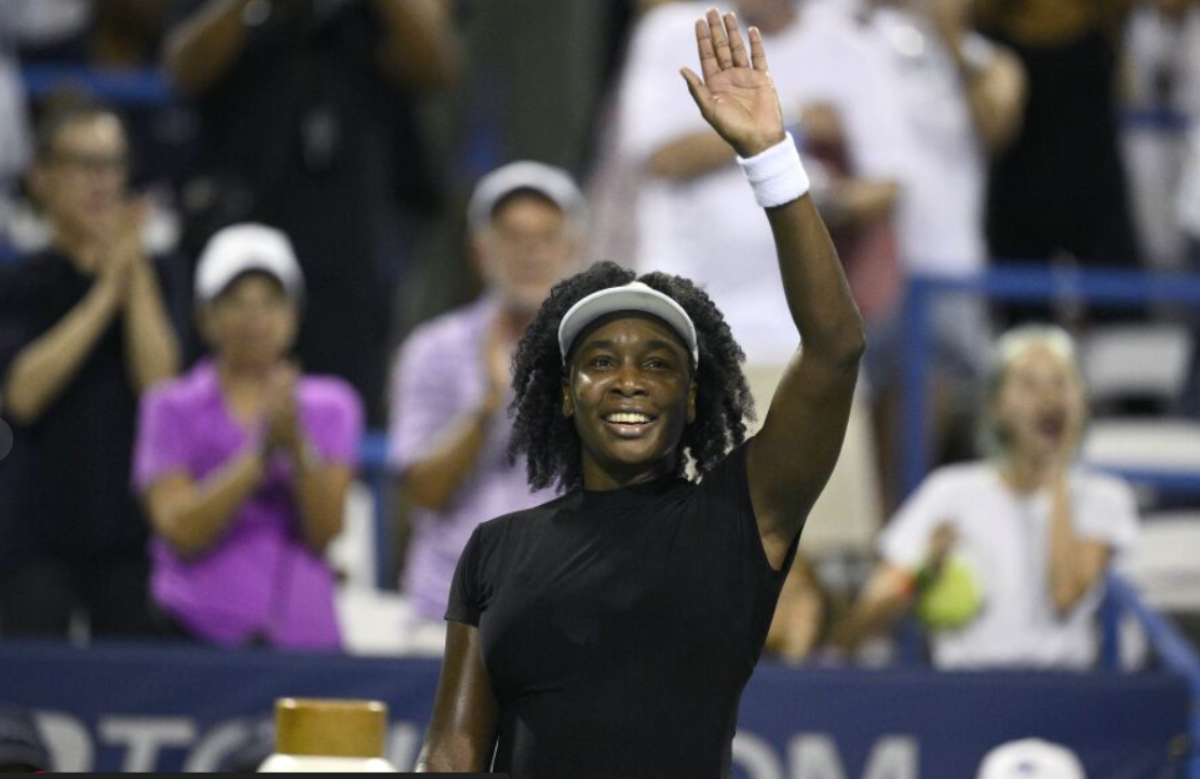George Foreman won the heavyweight championship in his 20s but lost his title to Muhammad Ali in one of the most iconic fights in boxing history. Twenty years later, in 1994, Foreman, at the age of 45, made history by becoming the oldest man to win the heavyweight title, knocking out Michael Moorer in a stunning upset with a flawless combination.
Few boxers had as many memorable moments as Foreman, and even after retiring from the ring, his journey was far from over.
The legendary heavyweight boxer, who famously lost the “Rumble in the Jungle” to Muhammad Ali before making an inspiring comeback as an unexpected champion and successful businessman, passed away on Friday night at the age of 76. His family shared the news on social media but did not disclose details on his death.
Foreman was described by his family as “a devout preacher, a devoted husband, a loving father, and a proud grandfather and great-grandfather,” noting that he led a life defined by deep faith, humility, and purpose. They also highlighted his contributions as a humanitarian, Olympian, and two-time heavyweight champion, emphasizing how he was deeply respected, disciplined, and committed to protecting his legacy for his family.
Born in Texas, Foreman began his boxing journey as an Olympic gold medalist and quickly became a dominant force in the heavyweight division, famously defeating Joe Frazier in 1973. However, his intimidating presence was shattered a year later when Ali delivered one of the most remarkable victories in boxing history, luring Foreman into a loss that cost him his title.
Foreman retired from boxing a few years after his loss to Ali, but made an incredible comeback after a 10-year hiatus, following a self-described spiritual awakening.
Returning as a middle-aged fighter, he achieved one of the most remarkable knockouts in boxing history, knocking out Michael Moorer — who was 19 years younger — with a precise right hand to claim Moorer’s two heavyweight titles. Foreman’s 20-year gap between heavyweight title reigns remains the longest in the sport’s history.
Foreman’s transformation into an inspirational figure was fully realized, and he fought just four more times — finishing his career with a record of 76-5 and 68 knockouts — before transitioning to a new career as a friendly businessman, spokesperson, and occasional actor.
Beyond boxing, he became widely known as the face of the George Foreman Grill, which debuted in the same year he defeated Moorer. The simple kitchen appliance went on to sell over 100 million units, earning him far more wealth than his boxing career ever did.
“George was a great friend to not just me, but to my entire family,” said Bob Arum, president of Top Rank. “We’ve lost a family member, and we’re absolutely heartbroken.”
In the early days of his boxing career, Foreman was far from the warm, smiling grandfather who later became famous for promoting his grills on TV. Growing up in Houston’s Fifth Ward, he was involved in petty crime, but boxing helped him turn his life around. He earned a spot on the U.S. Olympic team in 1968 and won a gold medal in Mexico City as a teenager, delivering a standout performance by defeating a 29-year-old opponent.
Over the next five years, Foreman reached the peak of the professional boxing world. However, he was often seen as distant and unapproachable, a perception influenced by both his own demeanor and the racial biases of the era.
Jim Lampley, the veteran boxing broadcaster who worked with Foreman for many years at HBO, shared that Foreman’s initial tough persona was a strategy designed by his team to model him after Sonny Liston, the intimidating heavyweight champion of the 1960s.
“At some point, he realized that wasn’t who he truly was,” Lampley explained.
In January 1973, Foreman shocked the world by defeating Joe Frazier in Jamaica to win the heavyweight title. His knockout of Frazier led to the iconic call from Howard Cosell: “Down goes Frazier! Down goes Frazier!”
Foreman defended his title against Ken Norton before agreeing to fight Muhammad Ali in what would become one of boxing’s most legendary bouts, promoted by Don King in Africa. Ali executed a brilliant strategy, using the “rope-a-dope” to frustrate Foreman. Ultimately, Foreman was knocked down for the first time in his career, and the fight was stopped in the eighth round, giving Ali the victory.
In a 2014 interview with the BBC, Foreman revealed that he took the fight against Muhammad Ali almost out of charity, suspecting that Ali was financially struggling.
“I said I was going to go out there and kill him, and people told me, ‘Please, don’t say you’re going to kill Muhammad,'” Foreman recalled. “So I said, ‘OK, I’ll just beat him down to the ground.’ That’s how easy I thought the fight would be.”
After the loss to Ali, Foreman took a break from boxing in 1977. He spent much of the next decade focusing on preaching and working with kids in Houston after his religious awakening. He returned to the ring in 1987, in his late 30s, aiming to defy time by fighting regularly. Foreman racked up a string of victories before losing to Evander Holyfield in a surprisingly competitive title match in 1991.
Three years later, Foreman faced Michael Moorer in Las Vegas. Initially, it seemed like Moorer would win, as Foreman struggled to land his punches through the first nine rounds. But in the 10th, Foreman found his rhythm, hurting Moorer and landing a short right hand that sent Moorer to the canvas in one of the most shocking moments in boxing history.
Lampley, who was commentating on the fight, later titled his autobiography after his famous call of that moment: “It Happened!”
Foreman officially retired from boxing in 1997, although he occasionally teased a return to the ring. He then transitioned into a career as a boxing analyst for HBO and became widely known as the face of the George Foreman Grill, which brought him both fame and wealth. To the public, Foreman was known as both a lovable figure and a fierce competitor.
Lampley fondly remembered Foreman’s charisma, saying, “He started performing as this pitchman, with that big grin always on his face. People would call him a clown, but I’d tell them, ‘He’s actually a genius.’ I’d say, ‘Check the bank account. If that’s not proof, I don’t know what is.’ He was a human genius.”
Foreman made a brief foray into acting in the 1990s, starring in a sitcom called George. He also appeared on the reality singing competition The Masked Singer in 2022. A biographical film about his life was released in 2023.
Foreman had 12 children, including five sons, all of whom share his name, George Edward Foreman.
WBC President Mauricio Sulaiman paid tribute to Foreman on social media, writing, “Legendary boxing champion, life-changing preacher, husband, father, grandfather, great-grandfather, and the best friend you could have. His memory is now eternal. May Big George rest in peace.”
